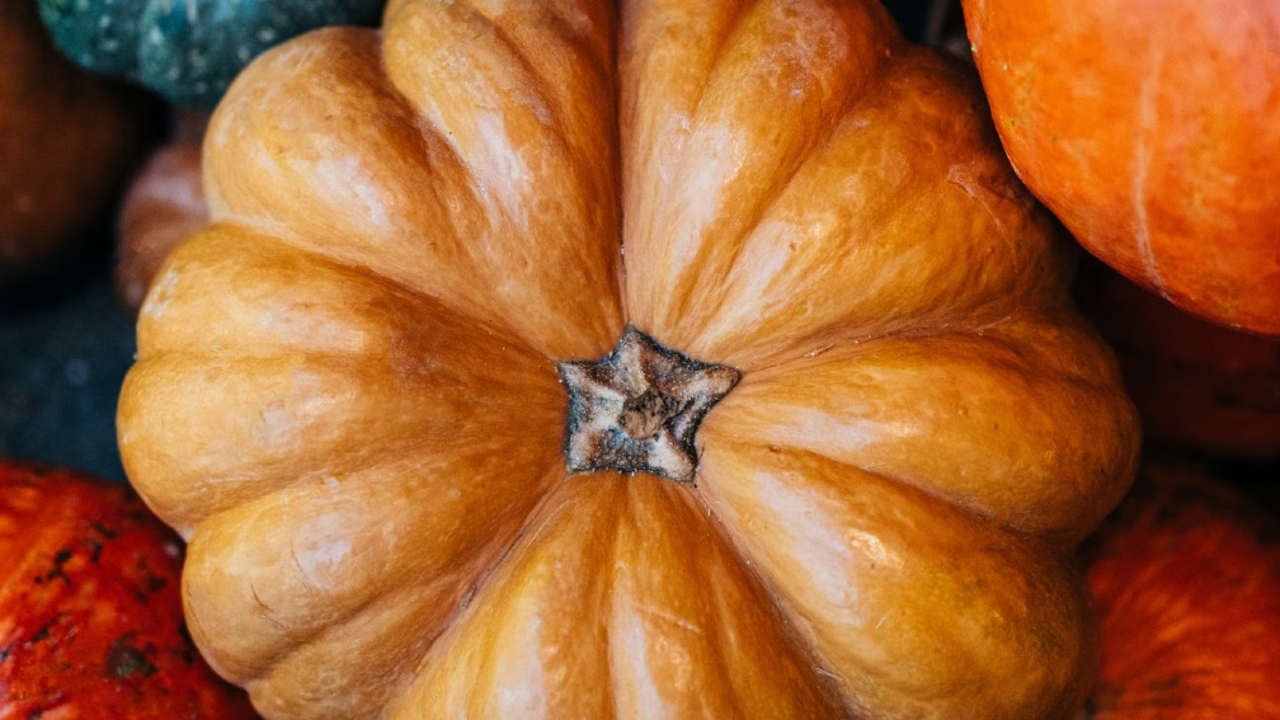

With few calories but rich in vitamins, minerals, and fiber, discover the numerous health benefits of pumpkin.
Among all the autumn symbols, pumpkin is probably the most famous (and undoubtedly the tastiest).
But not only that: this fruit (because yes, it’s a fruit, not a vegetable) is surprisingly versatile and nutritious.
In fact, pumpkin is a delightful source of numerous vitamins and minerals that contribute to the health of the body.
So, as we head towards the peak of the pumpkin season, here are some reasons why you should add a bit of pumpkin to your diet.
How Does It Help Your Health and Waistline
1. Helps the Body Fight Infections
If you’re looking for a simple (and tasty) way to boost your immune system as we head into the flu season, pumpkin is the way to go.
In addition to being rich in vitamin C, which helps the immune system function more effectively, pumpkin is also a good source of beta-carotene; a substance the body relies on to create vitamin A. This vitamin, in turn, plays a key role in strengthening the immune system.
2. Promotes Good Eye Health
Since, as we’ve seen, pumpkin is an excellent source of beta-carotene, it’s also great for eye health. The vitamin A produced from beta-carotene helps keep the surface of the eye (the cornea) moist and healthy.
Beta-carotene, also found in other classic orange-colored foods like carrots and sweet potatoes, can also improve night and peripheral vision.
3. Rich in Magnesium
Pumpkin, particularly its seeds, is a rich source of magnesium. This mineral plays a significant role in various areas of the body: not only does it support muscle and nerve functions, but it’s crucial in energy production processes.
Magnesium also contributes to increased bone density and can help prevent osteoporosis, a condition that disproportionately affects women.
4. Helps Reduce the Risk of Certain Diseases
Pumpkins are rich in antioxidants, substances that can counteract, slow down, or neutralize the formation of free radicals.
Antioxidants, partly produced by our bodies and partly taken in through diet, create a defense system capable of preventing or neutralizing the oxidizing action of free radicals; thereby lowering the risk of chronic diseases such as cancer and cardiovascular diseases.
5. Maintains Healthy Skin
Pumpkins are rich in skin-nourishing nutrients, such as vitamins A, C, and E, which together play an important role in the external health of the body.
Vitamin C is not naturally produced by our bodies, so it’s essential to consume it through the diet, as it contributes to the formation of collagen that keeps the skin elastic and firm, in addition to preventing bruises and promoting wound healing.
It also contains vitamin E which is an excellent antioxidant and works with vitamin C to help protect against sun damage and pollution. Vitamin A, or beta-carotene, is also involved in protecting the skin from sun rays and can help prevent sunburn, thus keeping the skin younger.
6. Assists Your Weight Loss Journey
Pumpkins are rich in water and fiber but low in calories. This means they make us feel full for longer without weighing us down (either on the scale or the stomach).
So, if you’re looking to eat in a healthy and balanced way, with the goal of not gaining weight, incorporating nutrient-rich pumpkin into your diet is an excellent choice: it won’t make you gain weight and can be consumed abundantly even during weight loss diets.
**Avoid These Three Foods at Night for Effective Weight Loss**
**Healthy (and Vegan) Snacks: 4 Recipes**













